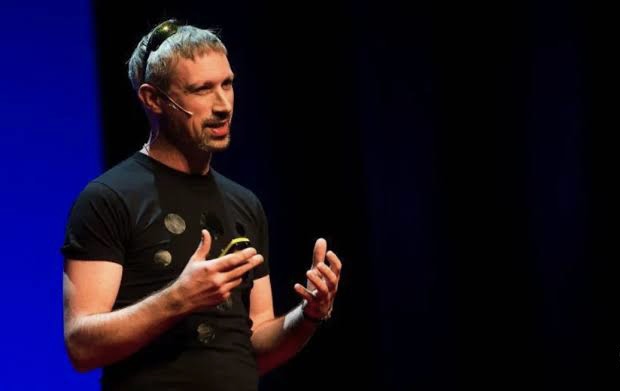Gavin Wood, the major developer of the Polkadot ecosystem, is stepping down as CEO of Parity Technologies, and Björn Wagner is expected to take his position.

Gavin Wood, a co-founder of Polkadot and former chief executive of Parity Technologies, which provides the infrastructure for the cryptocurrency project, is stepping down from his position. He will continue to be the company’s principal investor and architect. Björn Wagner, a co-founder, will take over as CEO.
Wood, who was also a founding member of Ethereum, contributed to raising the profile of the Polkadot platform, which enables communication across several blockchains. Polkadot’s DOT token, which has a market value of $6.8 billion, is the eleventh largest cryptocurrency according to data from CoinGecko.

In his new position as Chief Architect, Wood said in a statement provided to CoinDesk that he will concentrate on making Polkadot “more relevant to large swathes of the population.”
“This will begin by helping the community design and build several interesting chain-integrated social primitives which I think are crucial for us to deliver a true Web3 platform.”
Wood, a British programmer with a Ph.D. in music visualization, started working on Ethereum a month after co-founder Vitalik Buterin published his white paper. Wood served initially as Ethereum’s CTO and played a key role in developing features that drew developers to the platform.
However, he believed that Ethereum’s architecture was eventually restricted and in 2016, he published the Polkadot white paper, which was printed on polka-dot-colored pages and put out a fresh strategy. He chose the name Polkadot because it is a design that has no start, middle, or end, supporting the concept of decentralized apps.

Polkadot enables any app developer to build a blockchain that can communicate with other ledgers instead of using smart contracts, which are relatively short pieces of code that run on the Ethereum blockchain, to operate apps. Developers can choose the type of transaction fees to impose and the speed at which blocks of transactions across digital ledgers are confirmed.
Polkadot has seen a lot of development, but lately, other initiatives like Solana have attracted more attention. And Ethereum, the largest platform for smart contracts in the cryptocurrency industry, recently finished a significant upgrade called “The Merge” that could make its ecosystem cheaper and faster in a matter of months, making it a greater threat to rivals.